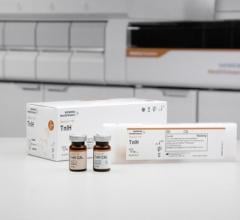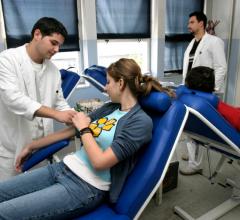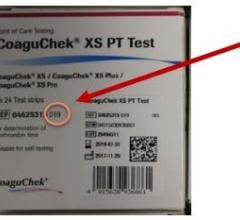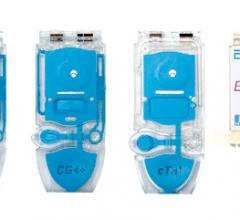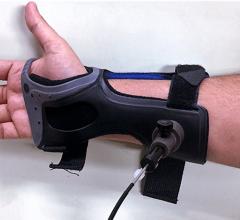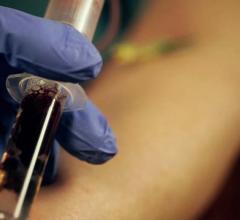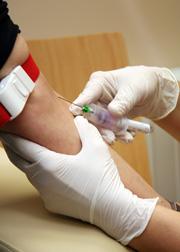
December 14, 2011 — The results of the COMPASS (Coronary Obstruction Detection by Molecular Personalized Gene Expression) trial were presented at the American Heart Association Scientific Sessions 2011 conference in Orlando, Fla. This prospective, blinded multi-center study was designed to provide a third independent validation of the Corus CAD blood-based gene expression test.
The test is designed for ruling out obstructive coronary artery disease (CAD) in lower-risk patients with typical and atypical presentations of stable chest pain; it also compares the diagnostic performance of Corus CAD to myocardial perfusion imaging (MPI), a common test using a radioactive agent to evaluate blood flow and function of the heart.
"COMPASS builds on previous results of the PREDICT trial. In this real-world patient population, the Corus CAD test demonstrates very high sensitivity and negative predictive value, enabling clinicians to rule out patients who do not have obstructive coronary artery disease with high accuracy,” said Gregory S. Thomas, M.D., M.P.H., clinical professor of medicine and director of nuclear cardiology education at the University of California-Irvine School of Medicine, who presented the findings. “The use of this gene expression test, followed by MPI for higher scores, may optimize diagnostic performance and utilization of healthcare resources."
The trial enrolled 537 stable patients with symptoms suggestive of CAD who had been referred to MPI at 19 U.S. sites. A blood sample was obtained in all patients prior to MPI, and Corus CAD testing was then performed, with study investigators blinded to Corus CAD test results.
Following MPI, patients were referred either to invasive angiography or to computed tomography angiography (CTA); both are gold standard measurements of blood vessel lumen anatomy for diagnosis of coronary artery disease. A total of 431 patients were eligible for analysis, having completed gene expression testing, MPI and either invasive angiography or CTA.
In the study, Corus CAD was superior to MPI in diagnostic accuracy, sensitivity (89 percent vs. 27 percent, p<0.001) and negative predictive value (96 percent vs. 88 percent, p<0.001). It demonstrated excellent performance for ruling out obstructive coronary artery disease relative to both invasive angiography and CTA.
In a March 11, 2010 study in The New England Journal of Medicine, 62 percent of nearly 400,000 patients who underwent elective invasive angiographic procedures were found to have no obstructive coronary artery blockage. The study authors concluded current modalities for identifying which patients should undergo elective invasive coronary angiography to diagnose CAD have limitations; subsequently, better methods are needed for patient risk stratification.
Corus CAD is the first and only clinically validated blood-based test for obstructive coronary artery disease. The test involves a routine blood draw administered in the clinician’s office and does not expose patients to risks of radiation or imaging agent intolerance.
It is a decision-making tool that can help primary care clinicians and cardiologists rule out obstructive CAD as the cause of a nondiabetic patient's symptoms. It is the only sex-specific test for obstructive CAD, accounting for critical biological differences between men and women.
The Corus CAD test measures the RNA levels of 23 genes from a whole blood sample. These RNA levels are increased or decreased when obstructive CAD is present; as a result, the Corus CAD score indicates the likelihood an individual patient does not have obstructive CAD.
It is commercially available through a patient sample kit that includes everything needed for blood collection and express delivery to the company’s CLIA-certified Palo Alto, Calif. laboratory. Test results are delivered promptly to the clinician’s office.
Corus CAD is currently available in the United States.
For more information: www.cardiodx.com


 October 09, 2019
October 09, 2019 
